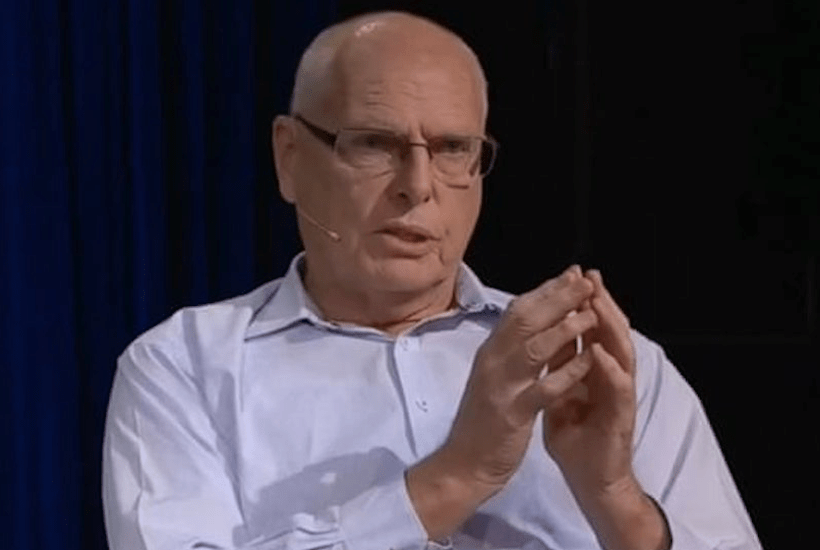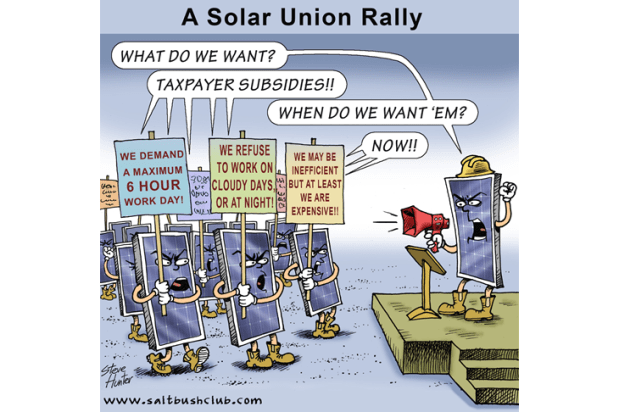My views on climate change are shaped by inquiry and pragmatism, not by blind faith or ideology.
I accept that the climate is changing as it has done throughout history. We saw a hotter and drier continent over recent times even though it is pouring rain as I write. We all know that Australia is not a stranger to drought, flood and fire.
Already a subscriber? Log in
Subscribe for just $2 a week
Try a month of The Spectator Australia absolutely free and without commitment. Not only that but – if you choose to continue – you’ll pay just $2 a week for your first year.
- Unlimited access to spectator.com.au and app
- The weekly edition on the Spectator Australia app
- Spectator podcasts and newsletters
- Full access to spectator.co.uk
Or


























Comments
Don't miss out
Join the conversation with other Spectator Australia readers. Subscribe to leave a comment.
SUBSCRIBEAlready a subscriber? Log in